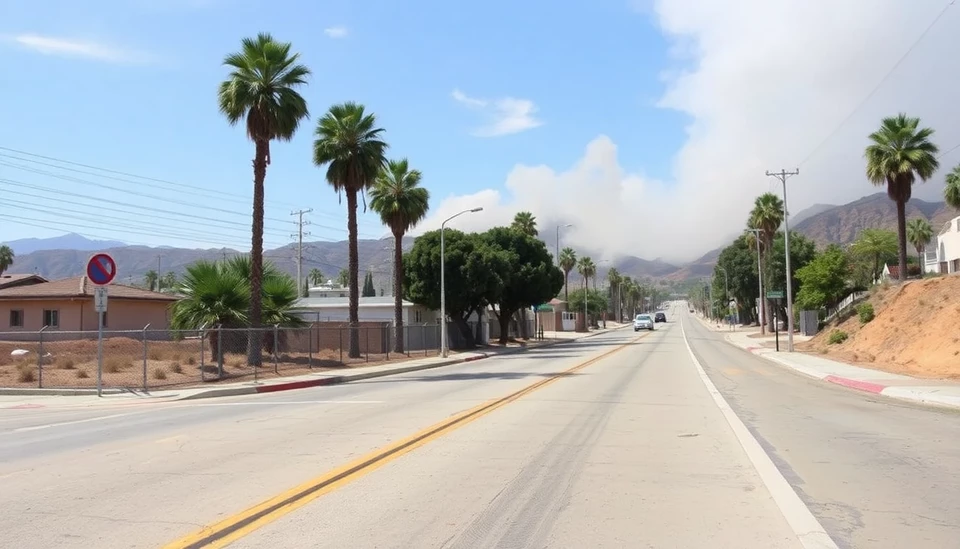
As the threat of wildfires continues to increase in California, particularly within urban areas like Los Angeles, conversations surrounding "managed retreat" have gained momentum. This concept refers to strategically relocating communities away from high-risk zones, a method potentially applicable to various neighborhoods in LA that are increasingly jeopardized by fires and climate change.
In recent years, the frequency and intensity of wildfires in California have escalated, resulting in devastating impacts on both the environment and local communities. For Los Angeles, which is surrounded by vast wilderness areas, the delicate balance between urban development and nature is being put to the test. The question arises: can the city afford to implement managed retreat in a way that safeguards its residents while acknowledging environmental realities?
Proponents of managed retreat argue that action is necessary to protect lives and property. High-profile fires, such as the recent blazes that have engulfed neighborhoods, have shown that the traditional approach of firefighting may not be sustainable in the face of climate change. Strategic relocation could involve moving entire communities located in fire-prone areas to safer grounds, leveraging urban land for housing instead and reducing the overall risk exposure.
However, the idea of managed retreat does not come without challenges. Critics highlight the potential socio-economic implications, expressing concerns about displacing vulnerable communities who may lack the resources to relocate. Additionally, the discussion raises ethical questions about what responsibility the government has toward its citizens when it comes to climate-induced risks.
In response to these concerns, city planners and officials are looking for solutions that not only address fire risk but also promote environmental justice. This includes developing robust community engagement processes that involve local populations in the conversation about potential relocations and appropriate safety measures, ensuring that no community is left behind in the transition.
Los Angeles is exploring various frameworks that could facilitate managed retreat. These frameworks incorporate elements of sustainability and resilience, aiming to create an urban landscape that aligns more harmoniously with the surrounding natural environment. Programs might include enhancing infrastructure, investing in green spaces, and implementing stricter zoning laws to mitigate future fire hazards.
As the dialogue on managed retreat continues, Los Angeles could serve as a model for other cities facing similar threats. The broader implications of adopting such a strategy could influence climate policy on a national level, highlighting the urgent need for innovative approaches to coexist with an increasingly volatile natural world.
Ultimately, the conversation about managed retreat in Los Angeles is just beginning, and as officials weigh the costs and benefits, we can expect this issue to remain at the forefront of environmental policy discussions in the coming years.
#ManagedRetreat #LosAngeles #Wildfires #ClimateChange #UrbanPlanning #EnvironmentalJustice
Author: Sophie Bennett




